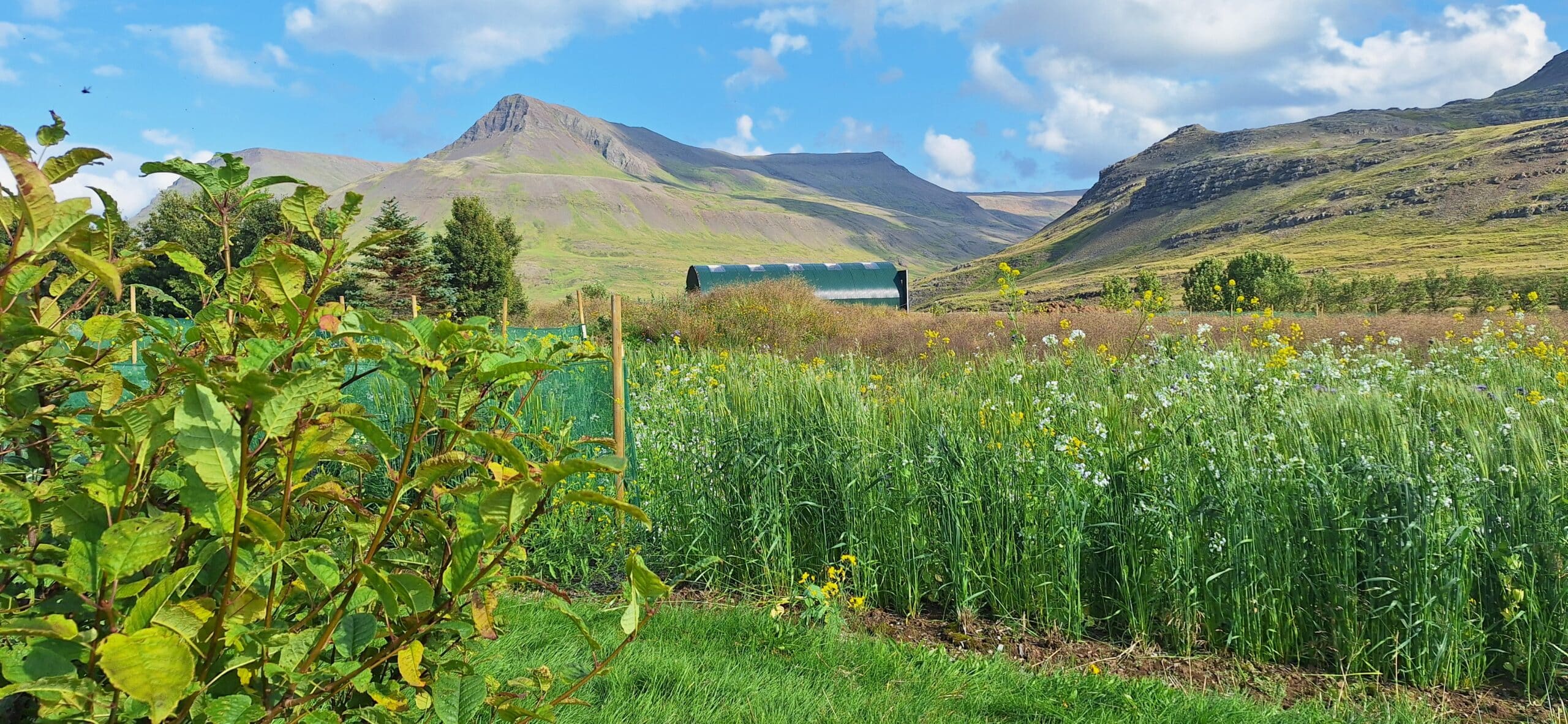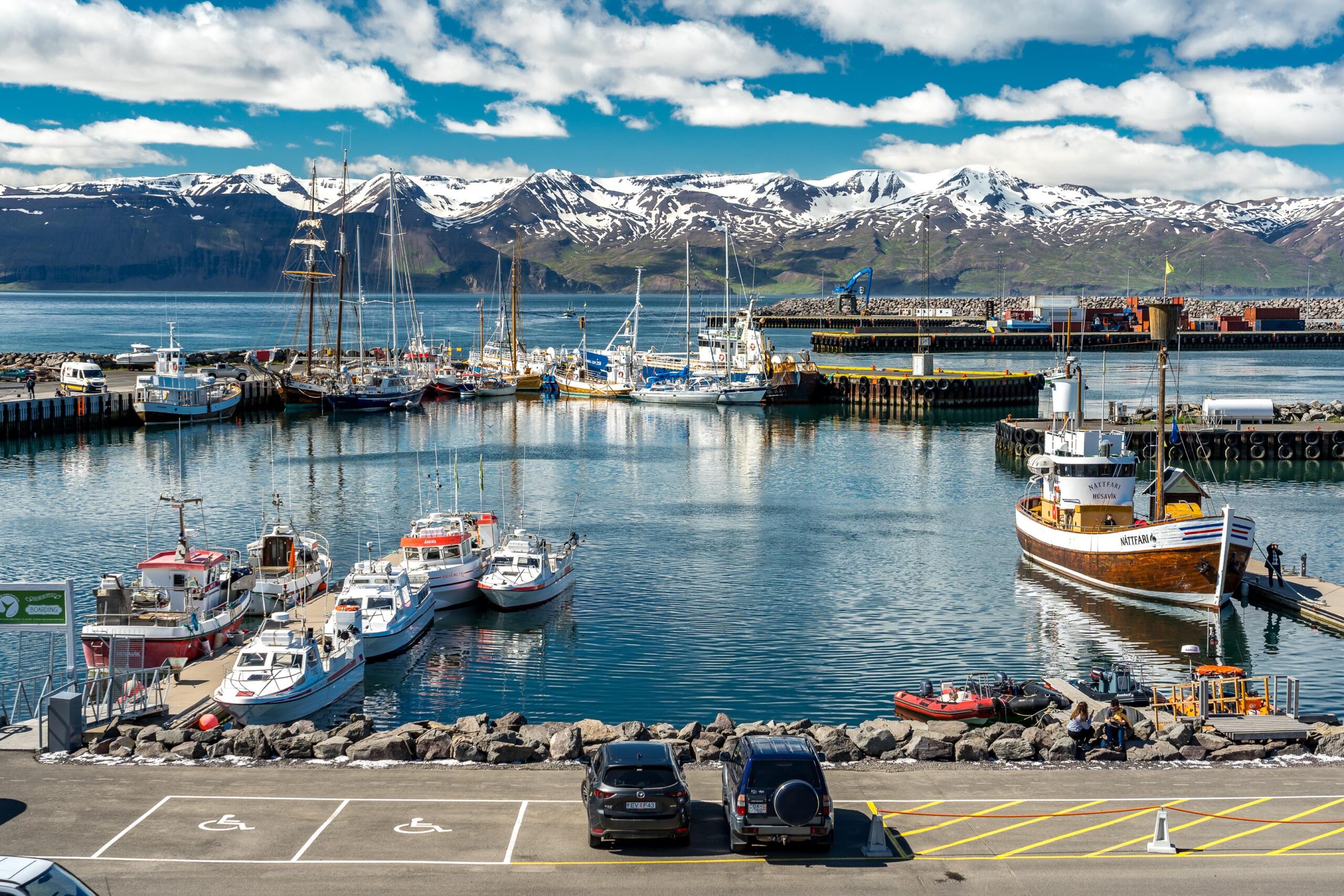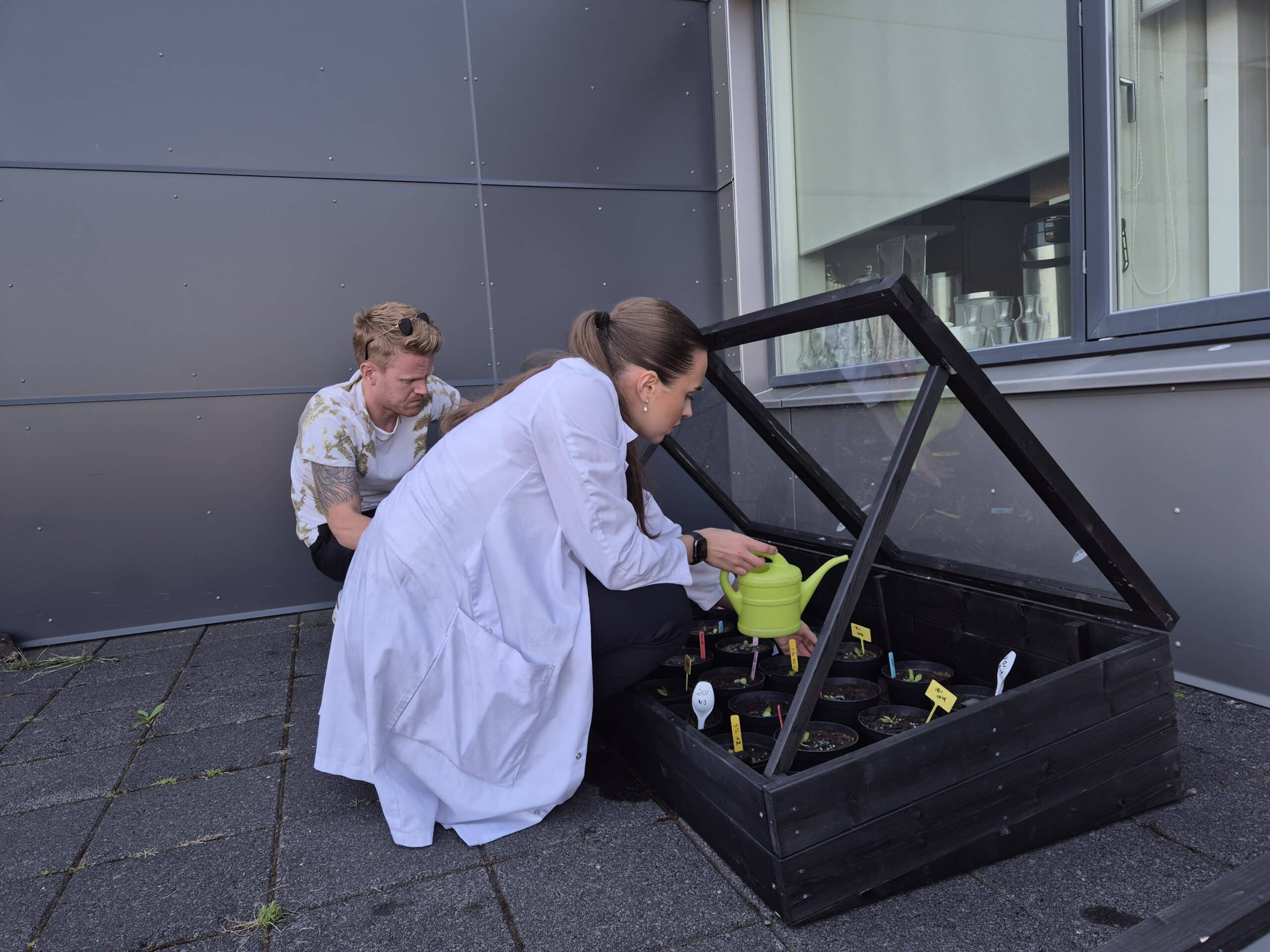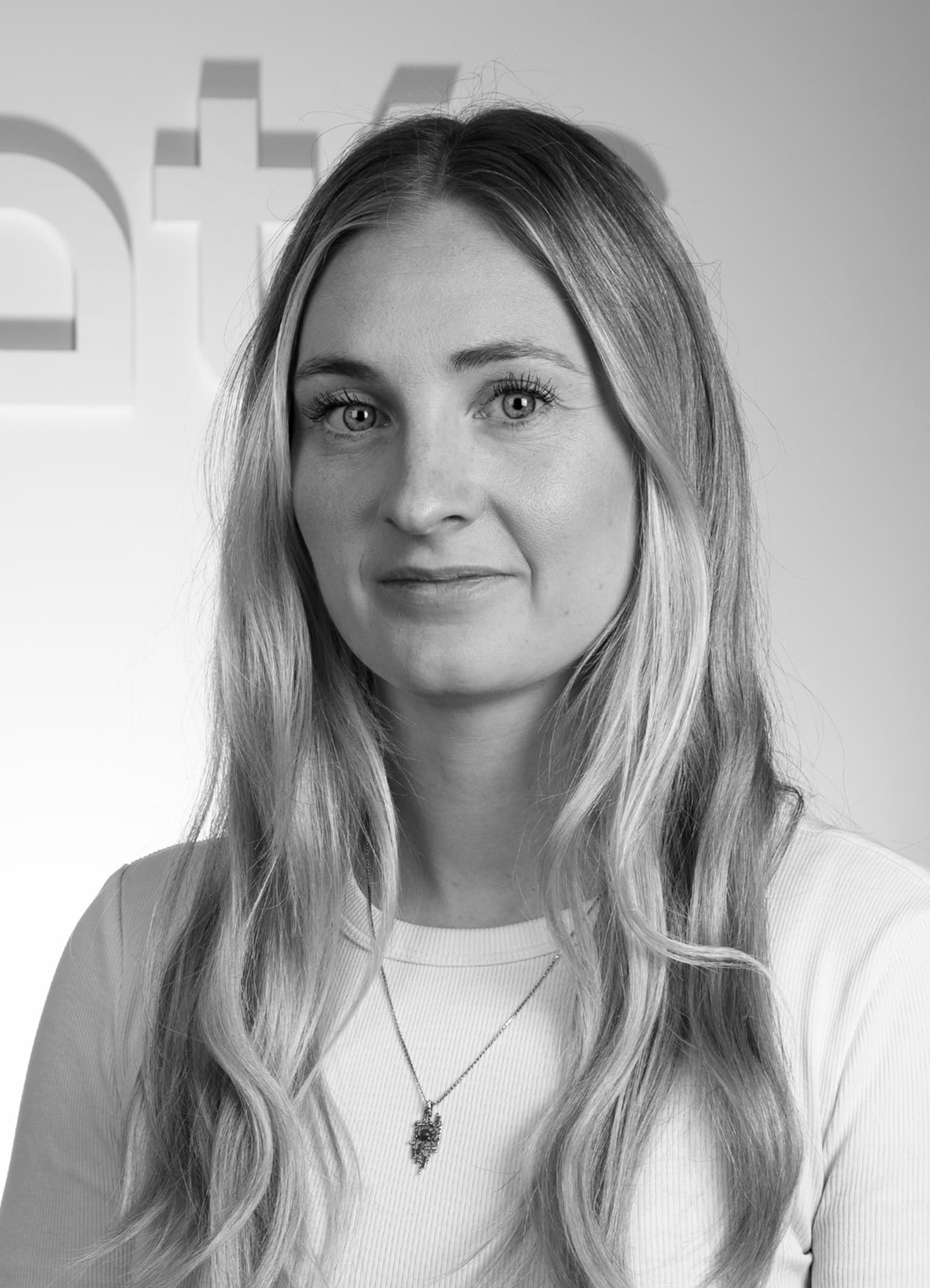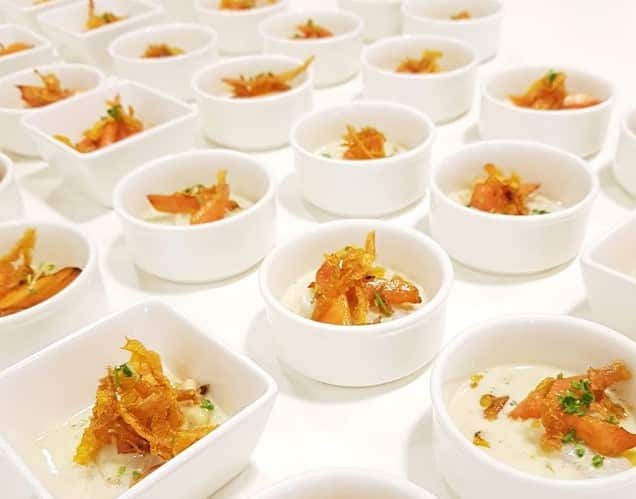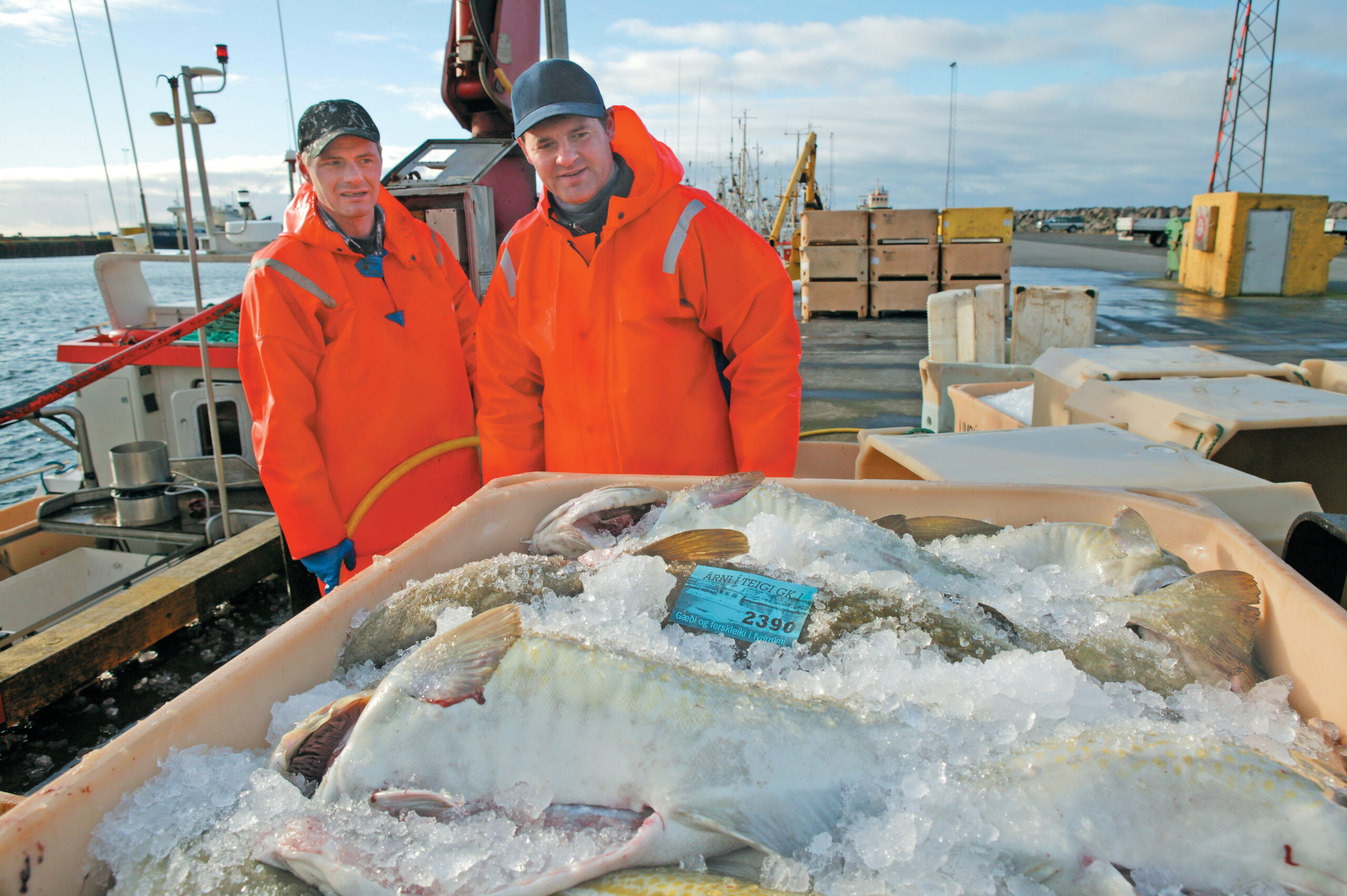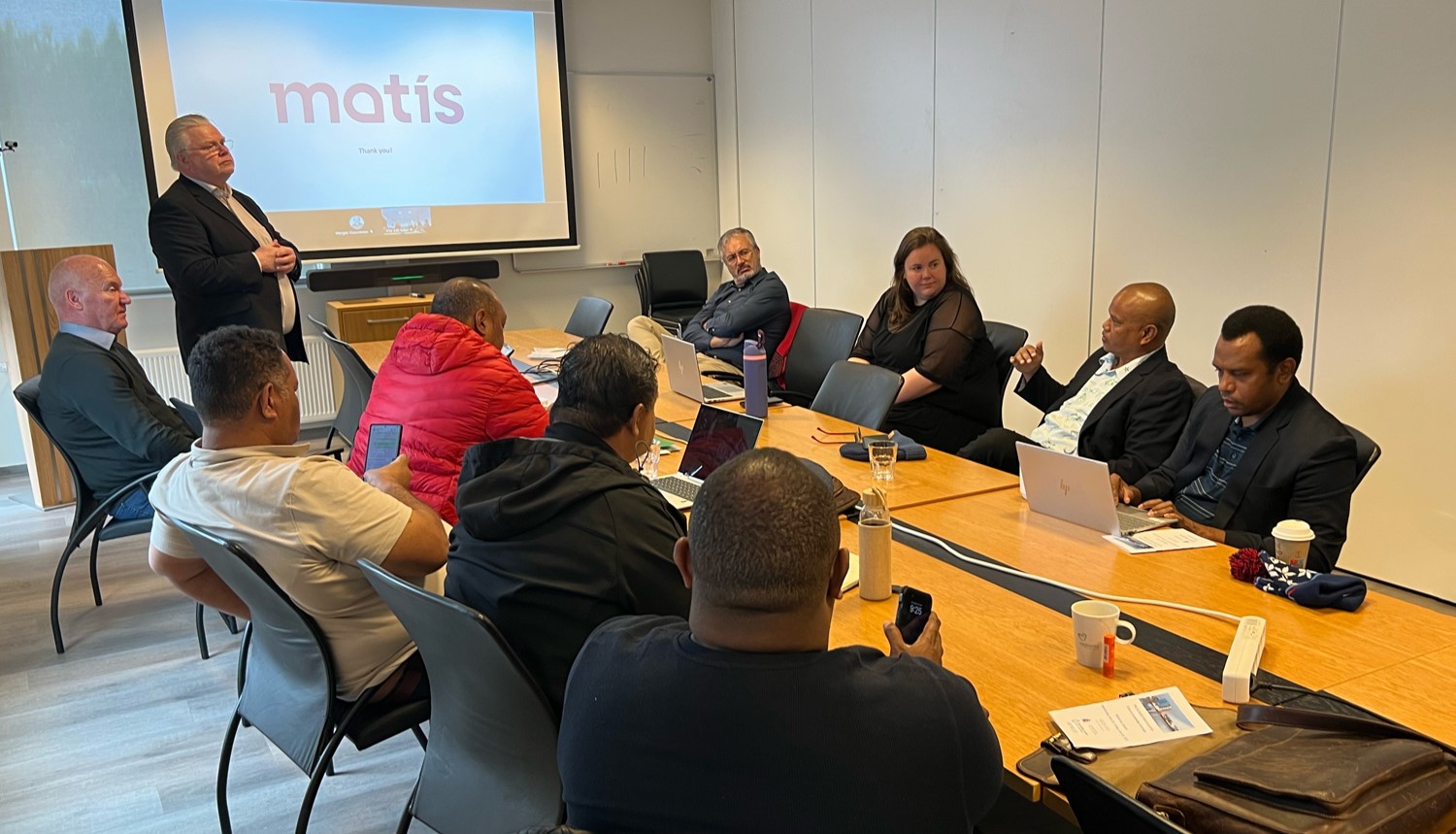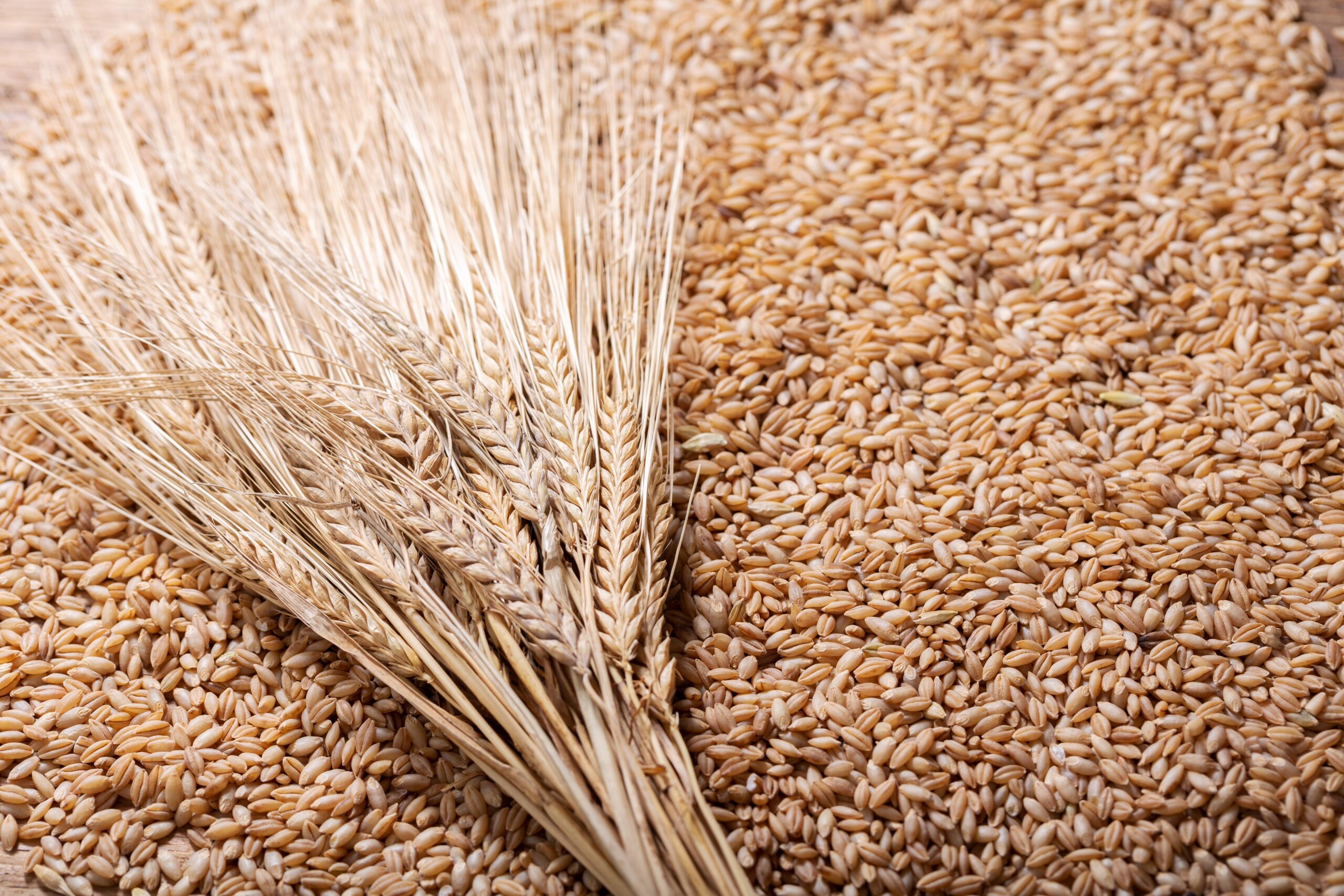Dalahvítlaukur: Verðmæt reynslusaga sem skilar sér í gæðaafurð
Hjónin Haraldur Guðjónsson og Þórunn Ólafsdóttir rækta hvítlauk að neðri Brekku í Saurbæ í Dölum. Matís vinnur í samstarfi við […]
Dalahvítlaukur: Verðmæt reynslusaga sem skilar sér í gæðaafurð Nánar »
